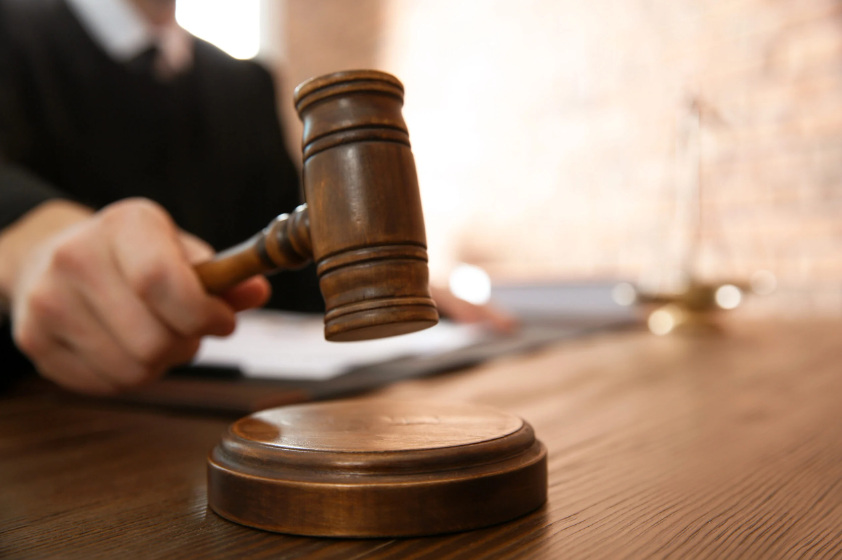The Supreme Court’s recent decision to take up a case involving the scope of an obstruction statute central to the prosecution of January 6th defendants has already had a significant impact on multiple defendants.
Ethan Seitz and Ryan Zink, two of the defendants facing charges for their involvement in the Capitol insurrection, have had their cases put on hold pending the outcome of the Supreme Court’s ruling. Meanwhile, Matt Bledsoe and Sandra Weyer, two other individuals charged in connection with the attack, are seeking to be released as the justices consider the statute in question.
At the heart of this case is the interpretation of Section 1512(c)(2), which lays out penalties for anyone who “obstructs, influences, or impedes any official proceeding.” Joseph Fischer, one of the defendants prosecuted under this law for his role in disrupting Congress’s certification of President Joe Biden’s victory, has asked the Supreme Court to weigh in on the question. In his petition, Fischer argues that the use of this statute outside of cases involving evidence impairment is an unprecedented expansion of its reach.
Fischer’s petition also notes that this decision has the potential to impact hundreds of cases, including that of former President Donald Trump. Throughout the investigation and prosecution of the individuals involved in the January 6th insurrection, Section 1512(c)(2) has been a focal point and has been used to levy significant penalties against those charged. However, with the Supreme Court’s decision to hear Fischer’s case, the future of this statute and its potential impact on these cases is uncertain.
The sh*tshow related to SCOTUS review of 1512c2 continues to escalate. If–and when–SCOTUS overturns DOJ/DC court abuse of obstruction, a full investigation into those responsible–starting with ex chief judge Beryl Howell–is absolutely necessary.
Howell sentenced Matthew… pic.twitter.com/C9WokLQ3pG
— Julie Kelly 🇺🇸 (@julie_kelly2) January 2, 2024
Matt Bledsoe and Sandra Weyer are two of the defendants seeking to have their cases dismissed or their sentences reduced as the Supreme Court considers the scope of this statute. In a filing submitted on Sunday, Bledsoe’s attorney argued that his sentence, currently set at 48 months in prison, would likely be reduced if the Supreme Court rejects the Department of Justice’s interpretation of the obstruction statute. Weyer’s attorney also submitted a filing, noting that a decision in her favor could result in a reduced sentence that would expire before her appeal concludes.
Both Bledsoe and Weyer’s attorneys argue that their client’s involvement in the attack was not as direct or violent as others who have been charged under this statute. They hope that the Supreme Court will recognize this and limit its application to cases involving evidence impairment, as opposed to those involving obstruction of an official proceeding.
The Supreme Court’s decision to take up this case could have far-reaching implications for the ongoing prosecution of individuals involved in the January 6th attack on the Capitol.
With potentially hundreds of cases impacted by the interpretation of this statute, the outcome of Fischer’s petition has the potential to significantly alter the course of these proceedings. As the justices weigh the arguments presented, it remains to be seen how the scope of Section 1512(c)(2) will ultimately be determined and what impact this will have on those involved in the Washington D.C. insurrection.

